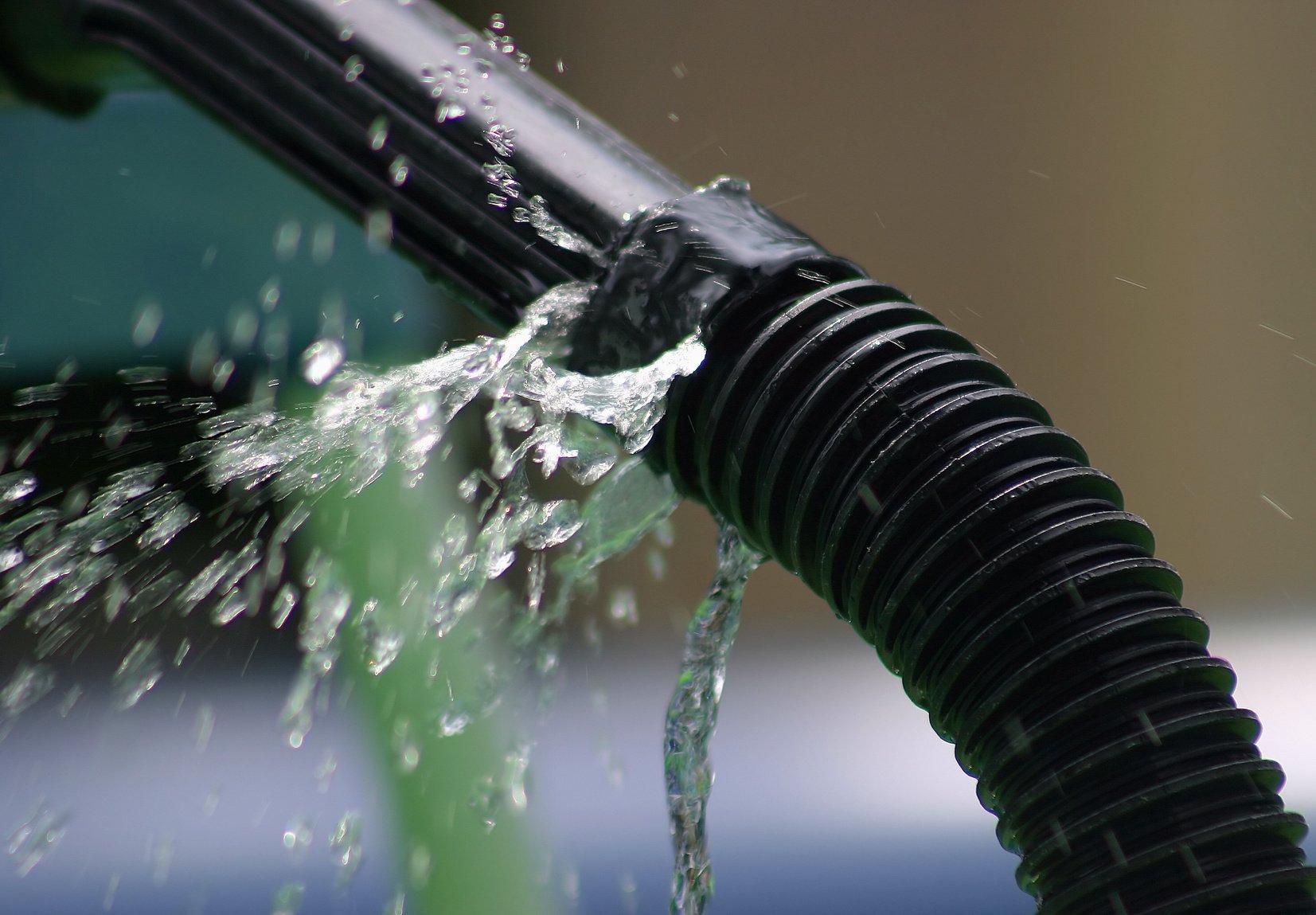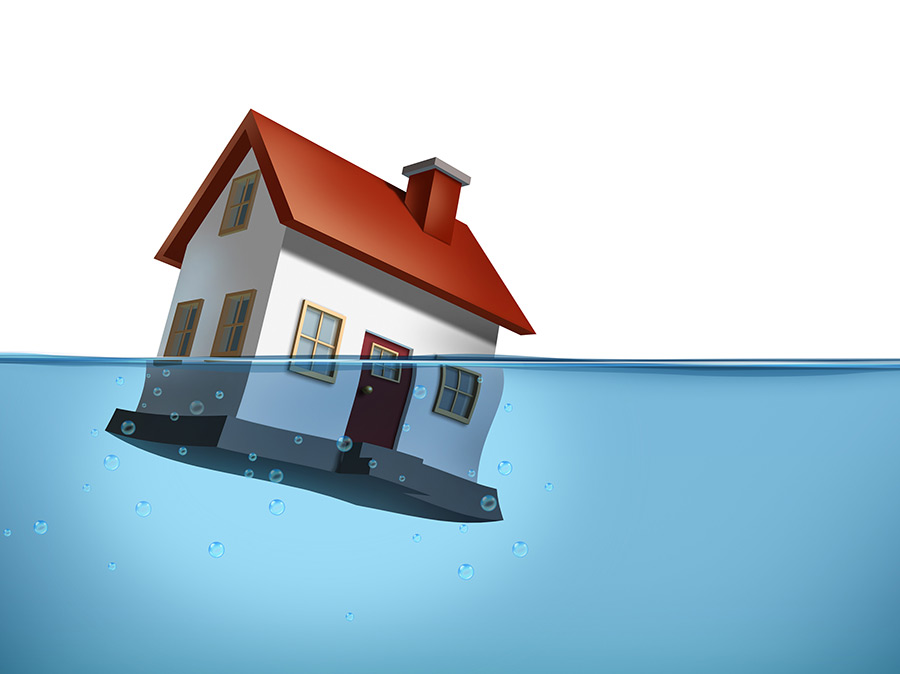Find Out Main Factors Leading To Water Leak Issues Within Your Residence
Find Out Main Factors Leading To Water Leak Issues Within Your Residence
Blog Article
We've come across the article relating to Common Water Leaks In House directly below on the internet and believe it made good sense to write about it with you on this site.

Leaks not just trigger waste of water but can additionally trigger unneeded damages to your home and advertise undesirable organic development. By comprehending and looking for everyday scenarios that trigger leakages, you can shield your residence from future leakages as well as unnecessary damages.
Intruding origins
A lot of water leaks start outside the residence rather than inside it. You might discover wet patches or sinkholes in your lawn, and that could mean that tree roots are getting into water lines triggering water to seep out.
Rusty water systems
As time goes by, your plumbing system ages and also deterioration such as corrosion may begin gnawing the pipelines. This might be the source of staining or bending on your pipes. This asks for an evaluation with your plumber immediately. If our plumbing system is old, think about changing the pipes because they go to a higher risk of deterioration than the more recent versions.
Defective Pipe Joints
The point at which your pipelines connect is regularly the weakest link in the waterline. Pipeline joints can deteriorate over time, resulting in water leaks. Sadly, the majority of pipe joints are not easily visible. If you have loud pipelines that make ticking or banging noises, specifically when the warm water is activated, your pipe joints are most likely under a lot of stress. It is recommended to have your plumber examine your system yearly.
Immediate temperature level adjustments.
Severe temperature level adjustments in our pipes can cause them to increase as well as contract unexpectedly. This expansion and contraction might create cracks in the pipes, specifically if the temperature are below freezing. It would be best if you kept an eye on exactly how your plumbing works. The existence of the formerly mentioned circumstances frequently shows a high danger.
Poor Water Connectors
At times, a leakage can be triggered by loose hose pipes and also pipelines that provide your appliances. In instance of a water connections leakage, you might discover water running straight from the supply line or pools around your home appliances.
Clogged Drains
Blocked drains pipes could be aggravating and also inconveniencing, yet they can occasionally wind up causing an overflow bring about break pipes. Keep eliminating any kind of products that might decrease your drains that can obstruct them to prevent such aggravations.
All the above are causes of leakages yet not all water leakages arise from plumbing leaks; some leakages may originate from roofing leaks. All leakages must be fixed promptly to stay clear of water damage.
Leaks not just trigger waste of water but can likewise cause unnecessary damage to your house and promote unwanted organic growth. By looking and understanding for day-to-day situations that trigger leaks, you can protect your house from future leakages as well as unnecessary damage. Today, we will look at six leakage triggers that might be triggering your pipelines to leak.
At times, a leakage can be triggered by loose hoses and pipelines that supply your home appliances. In case of a water connections leakage, you might discover water running straight from the supply line or pools around your home appliances.
How To Check For Water Leak In Your Home
How To Check for Leaks
The average household's leaks can account for nearly 10,000 gallons of water wasted every year and ten percent of homes have leaks that waste 90 gallons or more per day. Common types of leaks found in the home are worn toilet flappers, dripping faucets, and other leaking valves. These types of leaks are often easy to fix, requiring only a few tools and hardware that can pay for themselves in water savings. Fixing easily corrected household water leaks can save homeowners about 10 percent on their water bills.
To check for leaks in your home, you first need to determine whether you're wasting water and then identify the source of the leak. Here are some tips for finding leaks:
Take a look at your water usage during a colder month, such as January or February. If a family of four exceeds 12,000 gallons per month, there are serious leaks.
Check your water meter before and after a two-hour period when no water is being used. If the meter changes at all, you probably have a leak.
Identify toilet leaks by placing a drop of food coloring in the toilet tank. If any color shows up in the bowl after 10 minutes, you have a leak. (Be sure to flush immediately after the experiment to avoid staining the tank.)
Examine faucet gaskets and pipe fittings for any water on the outside of the pipe to check for surface leaks.
Undetected water leaks can happen without the home or business owner even realizing. If you suspect a water leak, but not able to find the source. It is time to contact a professional water leak detection service, The Leak Doctor.
How To Find a Water Leak In Your Home
https://www.leakdoctor.com/blog/How-To-Check-For-Water-Leak-In-Your-Home_AE197.html

I'm very intrigued by How to detect water leaks in your home and I really hope you liked our piece. Sharing is nice. Helping others is fun. I appreciate reading our article about Common Water Leaks In House.
Call now! Report this page